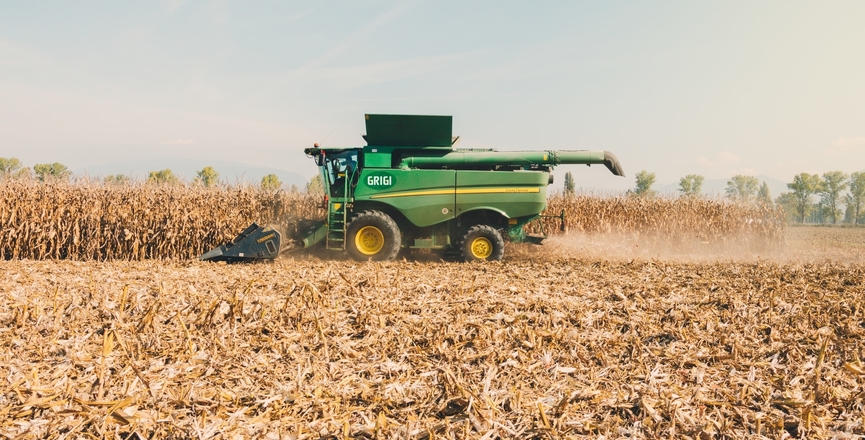Believe it or not, there are some special gifts that come from this pandemic!
I want to share one with you this holiday season.
Over the years, I have attended many National Farmers Union conventions. They usually occur, in-person, in November — when the harvest is out of the way, and the heavy snows of a Canadian winter have not quite set in.
It is incredible the amount of new information you can gather by attending the NFU sessions during convention. I call it getting a “real” education.
But, over the years, my attendance at NFU conventions has been challenged by distance and travel costs. I can’t attend as often as I would like.
But this year, the pandemic meant the November 2020 NFU convention had to take place online via Zoom. As an added bonus, many of the pre-convention workshops were open and free to the general public. So this year, I was able to share in the great information provided by NFU members and the expert presenters.
In early December, the NFU also launched NFUniversity, by hosting a 90-minute Zoom class/workshop on climate change and carbon offsets. By introducing the “university,” the NFU is working to educate, build awareness and encourage alliances with those who understand the importance of food production, but do not necessarily farm.
All of these workshops are now available on the National Farmers Union of Canada YouTube channel.
I have begun listening to some of these workshops, and plan to complete them during the holidays between sips of eggnog and bites of tourtière.
One of these is called “Seeding the Public Interest.” This workshop provides a tour of how seed has been developed over 300 generations of farming.
The workshop begins by explaining how wheat seed was created through natural selection, then refined through cross-breeding. It also includes information on the important role of public plant breeding.
The workshop then tackles crucial current issues faced by farmers in Canada and around the world in terms of seed patent rights, GMO, seed saving and corporate control more generally.
Another workshop is titled “Moove over Cargill!” This workshop provides a detailed look at the global meat and dairy industries, and the corporate concentration that is taking place in beef, dairy, poultry and pork production.
The workshop includes a look at the top 10 companies operating in the major producing countries, and how free trade agreements have facilitated the growth of corporate control.
The workshop also makes hugely important links between corporate concentration of the industry and how this industrial model is contributing to the climate crisis.
The session includes information on the supply chain, how COVID-19 has impacted workers in crowded slaughterhouses, and how some corporations have sought public funds to deal with the crisis while reporting corporate profits and shareholder payouts.
In every NFU workshop, there is deep research and analysis on each topic, along with the perspectives of individual farmers who have first-hand experience of experiencing the issues at the local level.
These perspectives bring the issues home, and emphasize how, in the end, whether we are farmers, farm workers or consumers — whether we live in rural or urban areas — we really are in this together.
A good example of this is the workshop “Work it! Farm Labour Affects us all” organized by the NFU migrant workers sub-committee. The workshop explores the issues surrounding the seasonal migrant workers program in Canada, and how it echoes a legacy of slavery.
The discussion notes how colonial relationships and trade agreements prop up this unequal relationship. The system is essentially one of indentured, racialized, labour.
Workshop participants include a farmer who hires migrant labourers, as well as an organizer for migrant farm workers. There is lots of learning to be done through this difficult conversation.
Other NFU workshops include: taking action on rural mental health; agro-ecology; and tackling the climate crisis in agriculture.
And don’t forget that every month going forward, the NFUniversity will host a master class on topics related to agriculture and food.
Bookmark this page — it’s a gift you can share and review throughout 2021 when you are looking for inspirational learning and a way forward on food issues.
Best of the season to you and yours!
Lois Ross is a communications specialist, writer and editor, living in Ottawa. Her column “At the farm gate” discusses issues that are key to food production here in Canada as well as internationally.
Image: Edoardo Busti/Unsplash



